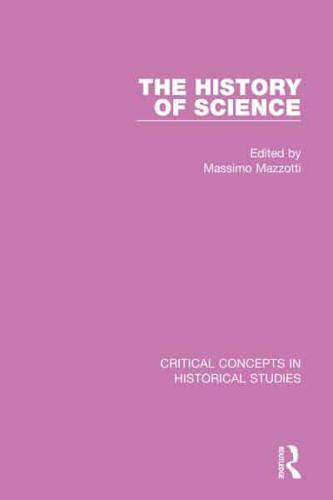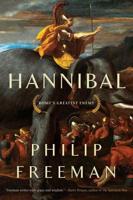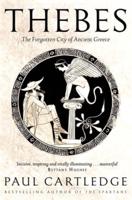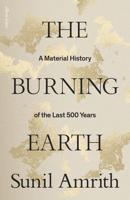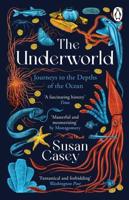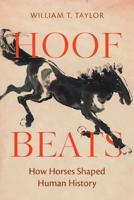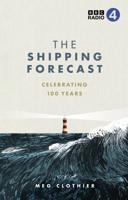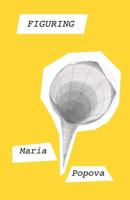Publisher's Synopsis
Science is one of the main features of the contemporary world, and shapes our lives to an extent that has no precedents in history. Yet science as we know it today is the outcome of contingent social processes, and its global success is far from self-explanatory. How did it happen? How did science emerge in history and became the most authoritative source of knowledge available in late modern societies? This set of volumes addresses these crucial questions through a selection of exemplary publications spanning antiquity to the present day. The reader will find an effective survey of the best scholarship in this rapidly growing field, and a map of the main revolutions as well as the long-term continuities that have characterized our understanding the world and our attempts to control it. The collection brings together areas of inquiry that have become increasingly distant and specialized, such as the history of antique science or Cold War studies, within broader narratives of the making of the modern world. They also reassess the traditional assumption of the exclusively Greek and Western origins of modern science, situating relevant knowledge, practices, and artefacts within the global networks that sustained them: in ancient as well as in modern times. The gathered materials address key historiographical issues, such as the relationship between science, magic, and religion; the role of science in nation-building processes; and the relationship between science and technology.
